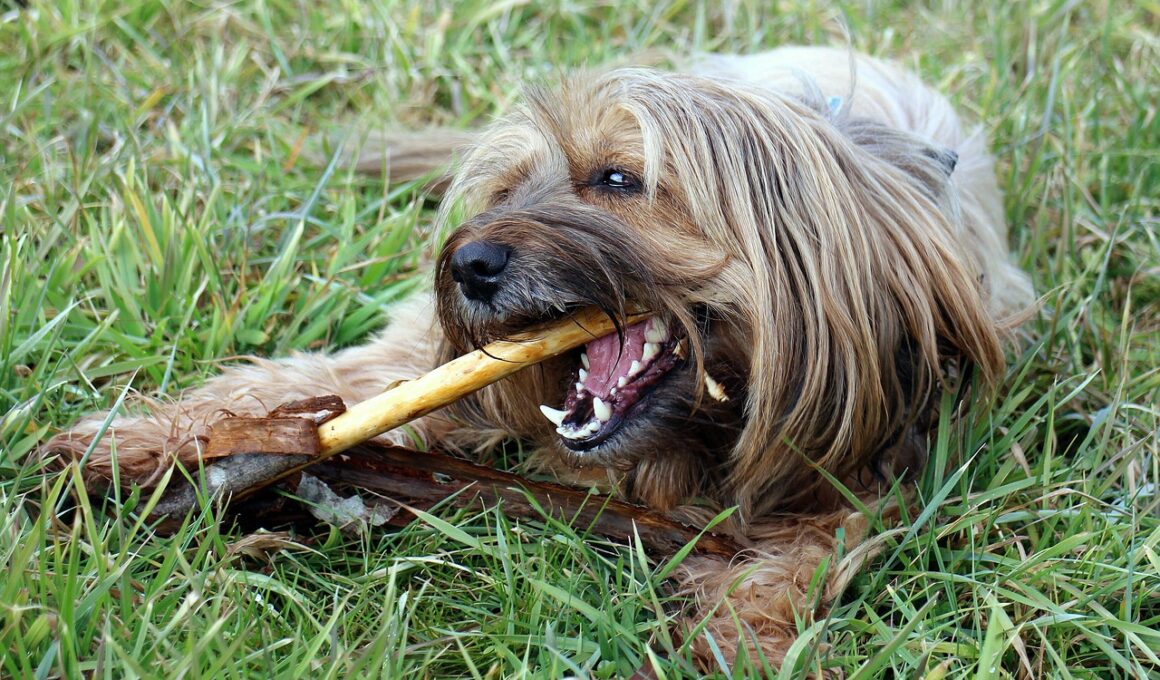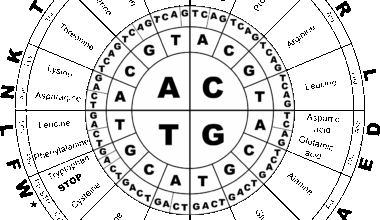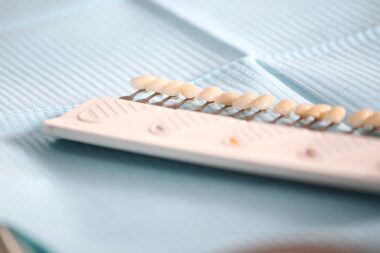The Role of Diet in Maintaining Your Dog’s Dental Health
Dental health is a vital concern for all dog owners. Just like humans, dogs can suffer from various dental diseases. Regular veterinary check-ups and proper dental care at home are essential for preventing dental problems. One of the most effective ways to promote your dog’s dental health is through a balanced diet. A diet rich in essential nutrients can strengthen teeth and gums, reducing the chances of plaque and tartar buildup. Feeding your dog high-quality commercial food, or well-balanced homemade meals that include crunchy vegetables can help. Crunchy food acts like a natural toothbrush, scrubbing away debris. Additionally, specific dental treats designed for oral health can further prevent dental issues. However, be cautious with treats to avoid excessive calories. Consider consulting a veterinarian to choose the right products for your pet. Alongside a proper diet, providing plenty of fresh water is equally important to keep your dog hydrated and help wash away food particles. Keeping an eye on your dog’s chewing habits and regularly cleaning their teeth can enhance dental care significantly. This article delves deeper into the importance of diet and its impact on your dog’s oral health.
Importance of Regular Dental Care
Regular dental care is crucial to prevent dental diseases in dogs. Plaque buildup can lead to gingivitis if not addressed. Neglecting oral hygiene can result in serious issues such as tooth loss and painful infections. To counteract these risks, develop a dental care routine that incorporates regular brushing of your dog’s teeth. Dog-friendly toothpaste is readily available, and it’s essential to use only products designed specifically for pets. In addition to brushing, incorporating dental chews and toys into your dog’s playtime can enhance dental health significantly. These items not only entertain your dog but also keep their teeth clean by reducing tartar. A well-rounded dental care routine includes regular visits to your veterinarian. They can perform professional cleanings to remove plaque that brushing may miss. Moreover, your vet can assess your dog’s overall health and detect early signs of dental diseases. Paying close attention to your dog’s dental health can contribute significantly to their overall well-being. While diet plays a major role in maintaining dental health, consistent dental care is equally necessary. Make dental health a priority to ensure your dog remains happy and healthy.
The type of diet you provide for your dog can greatly influence their dental health. Many commercial dog foods contain additives that can lead to the buildup of plaque. Instead, consider choosing high-quality dog food that promotes dental health. Ingredients such as antioxidants can help maintain healthy gums and teeth. It’s also advisable to incorporate fresh fruits and vegetables into their diet. Carrots, apples, and sweet potatoes can be beneficial while helping to clean their teeth. Additionally, some specific brands produce dog food formulas designed explicitly for oral health, and they often contain added dental health benefits. Regularly introducing these dental care foods can improve your dog’s overall oral hygiene. Monitor how your dog responds to dietary changes, as some may have sensitivities to new foods. Implementing a food transition plan can help minimize digestive upset. Along with proper diet, maintaining a consistent feeding schedule is essential. This helps your dog establish a routine and makes it easier to monitor their eating habits. A strong commitment to your dog’s nutrition will lead to healthier teeth and gums.
Choosing the Right Treats
Treats are a staple in many dogs’ lives, but some can negatively impact dental health. Choosing the right treats can assist in maintaining cleaner teeth. Opt for treats specifically formulated for dental health, as they are typically designed to reduce plaque and tartar. Many of these treats come in various flavors to appeal to your dog’s preferences. It is also wise to check for any artificial preservatives or fillers when picking treats, as these can be detrimental to your dog’s health. Natural treats like raw vegetables or dental sticks can provide a tasty reward while also promoting oral hygiene. Additionally, monitor treat consumption to prevent excessive calorie intake that can lead to obesity. Maintaining a balanced treat-to-food ratio in your dog’s diet is crucial. Consistently rewarding your dog can reinforce good behavior while contributing to their overall dental health. Remember that moderation is key, even with healthy treats. Regularly reevaluate what you offer to ensure that you are supporting your dog’s dental and overall health effectively. Opt for variety while being mindful of ingredients is essential.
Hydration is another critical factor in maintaining your dog’s dental health. Fresh, clean water helps dilute harmful bacteria in the mouth, reducing the risks of dental diseases. Ensure that your dog has constant access to water, especially after meals. Though dry food is convenient, it may contribute to dehydration if dogs do not drink enough water. If your dog shows a preference for dry food, look for water-rich foods or consider mixing wet and dry foods to improve hydration. Additionally, dogs can benefit from occasional dental-specific water additives that promote oral health. Such additives can help kill bacteria and reduce plaque buildup. Consult your veterinarian before introducing any new products into your dog’s diet. Monitoring water intake can also help you identify potential health issues if your dog suddenly reduces their water consumption. Keeping up with these hydration habits is essential for oral health. Being proactive about water consumption will enhance your dog’s dental care routine. Remember that dental health significantly influences your dog’s quality of life, so prioritizing hydration is indispensable.
Preventive Measures for Dental Health
Preventive care practices are essential for ensuring your dog’s dental hygiene. Regular brushing is a critical aspect of this preventative approach. Incorporate a routine of brushing your dog’s teeth at least a couple of times per week. This will help significantly in controlling plaque and bacteria. In addition to brushing, scheduling regular visits to your veterinarian for dental evaluations is essential. Your vet can assess your dog’s overall oral health and recommend the best dental care products and practices. Another effective preventive measure is offering dental-friendly chew toys and bones. These can assist in cleaning your dog’s teeth while satisfying their natural urge to chew. Monitoring your dog’s teeth and gums for any signs of redness, swelling, or plaque accumulation is also critical. Early detection of problems can prevent more serious issues in the future. Explore various dental health options, including specially formulated foods and supplements. Keeping a proactive stance towards your dog’s dental health will significantly improve their overall well-being. With consistent care, you can effectively manage your dog’s dental health and ensure they lead a vibrant life.
In conclusion, maintaining your dog’s dental health through a proper diet is imperative. A well-balanced food regimen can support gum health, reduce plaque buildup, and promote overall well-being. Regular dental care should be integrated into your routine alongside a nutritious diet. Monitoring dental health actively will enhance your dog’s quality of life. Remember to choose high-quality foods and treats while avoiding those that can cause dental issues. Hydration also plays a critical role in promoting good dental hygiene. Incorporating dental care practices such as teeth brushing and scheduled veterinary check-ups can effectively prevent dental diseases. Your commitment to evaluating your dog’s diet and dental care will significantly impact their life. Always consult your veterinarian before making any significant changes to their diet or care routine. A strong bond and commitment to your pet’s dental health will foster a happy and healthy life for your beloved companion. By following these guidelines, you can help your dog enjoy a clean mouth, fresh breath, and overall improved health.





